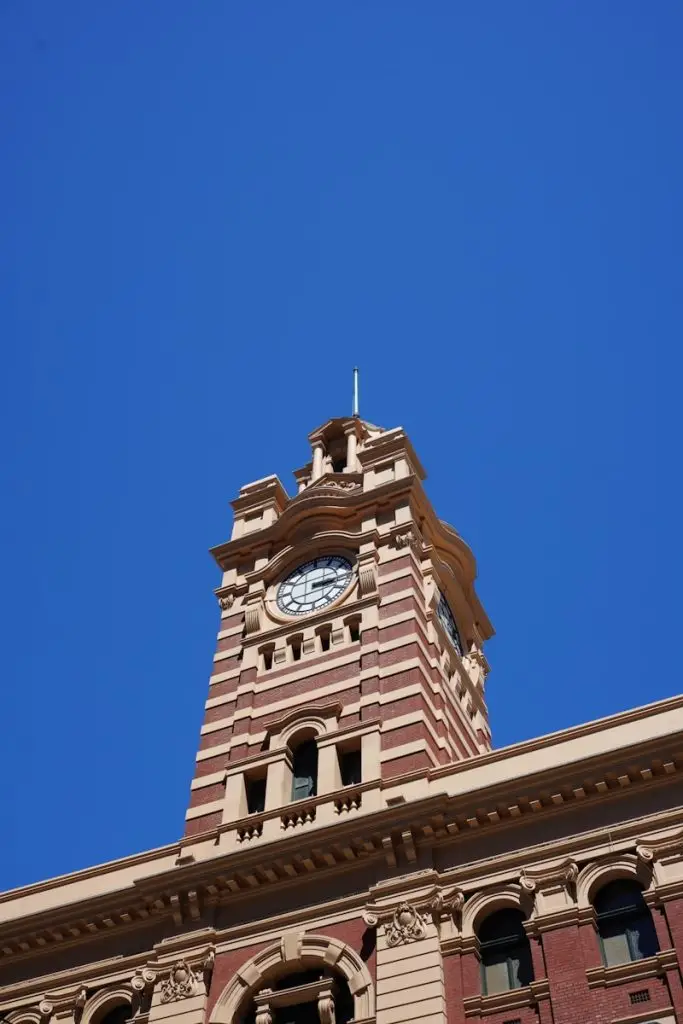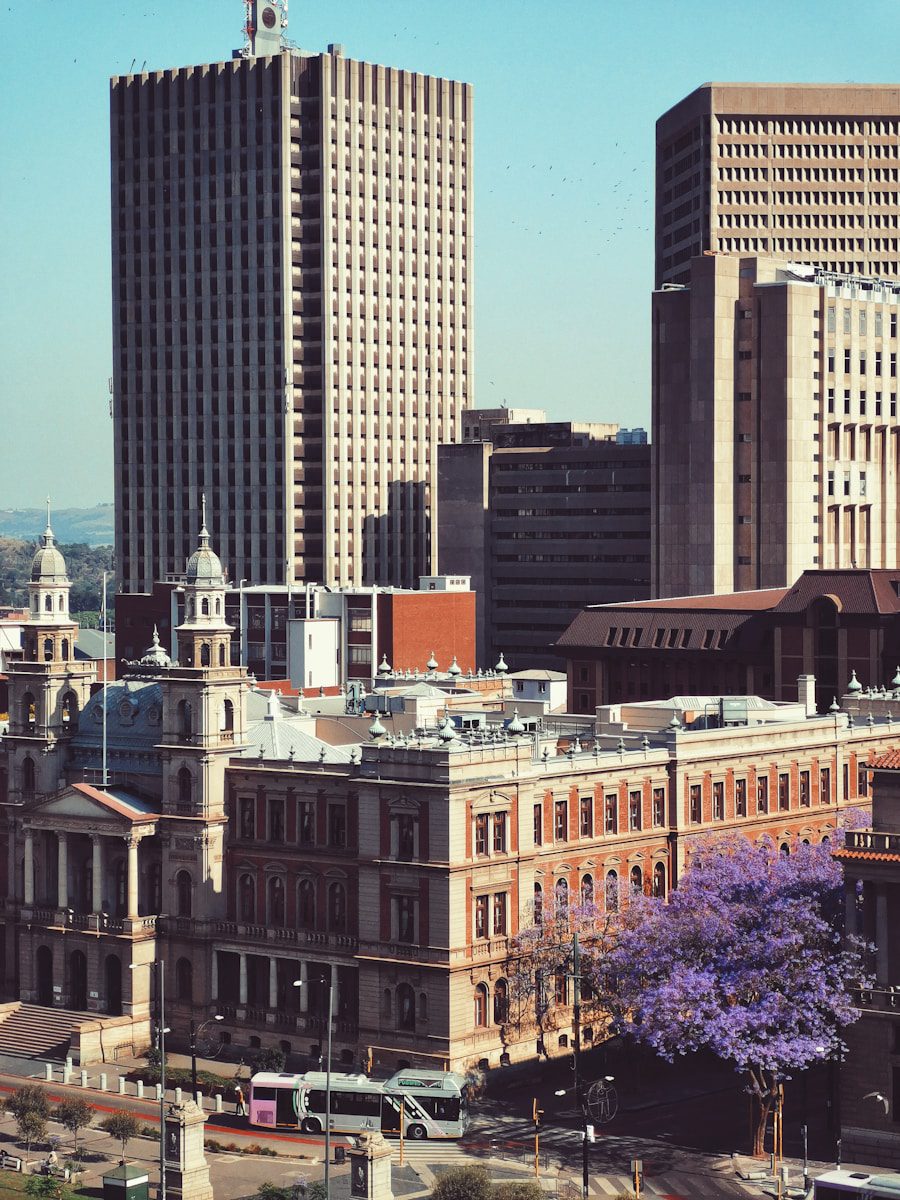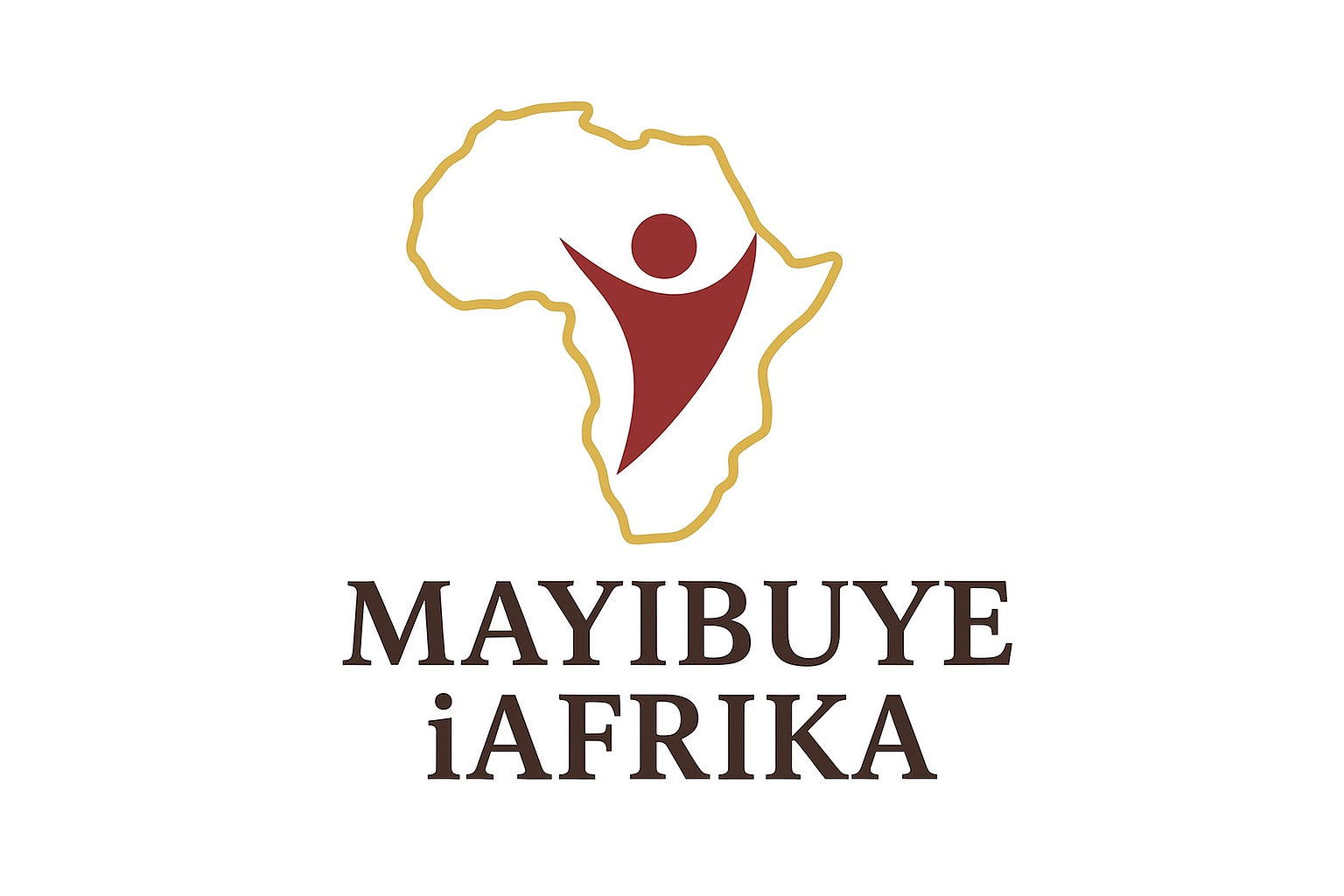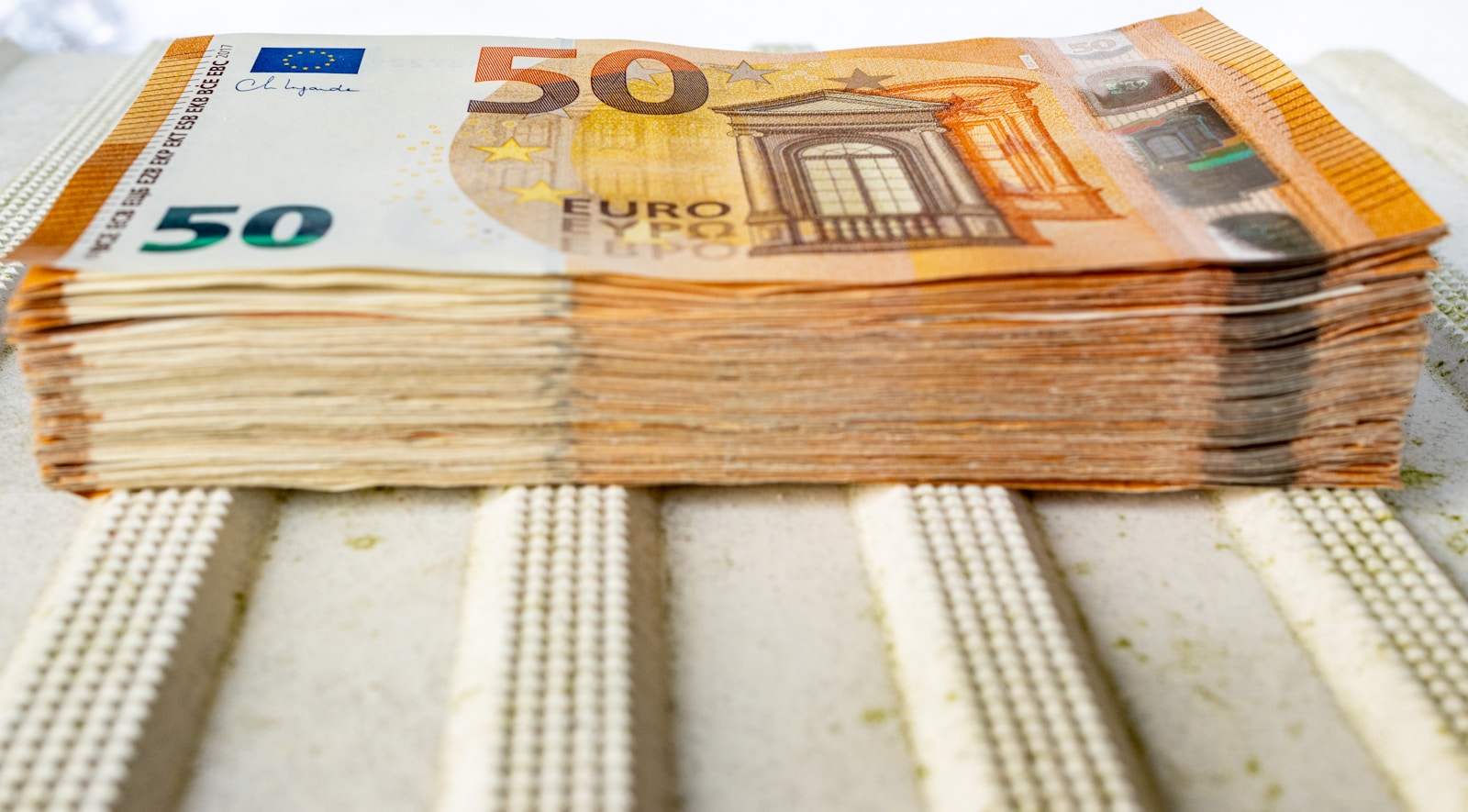DA Stands Firm Against Sale or Lease of Pretoria City Hall to Iran Amid National Debate
The Democratic Alliance strongly opposes the proposed sale or lease of Pretoria City Hall to the Iranian Embassy. Here’s an in-depth analysis of the controversy surrounding this iconic South African landmark.
The Pretoria City Hall, one of South Africa’s most iconic municipal landmarks, has recently become the center of a heated political and public debate. At the heart of the controversy is a proposal reportedly made by the Iranian Embassy to either purchase or lease the historic building for the establishment of a cultural center. The proposed cultural center would include a museum, a library, and traditional handicraft shops. While the idea has stirred diplomatic curiosity, it has been met with strong opposition from the Democratic Alliance (DA), the official opposition party in South Africa.
The DA has taken a firm stand against the potential deal, citing concerns about national sovereignty, public benefit, and the symbolic significance of the building for South Africans. The debate highlights not only questions of property use but also deeper issues about foreign influence, transparency in governance, and cultural representation.
In this article, we take a comprehensive look at the unfolding situation, exploring the positions of the involved parties, the potential implications for South Africa, and the broader conversation around Pretoria City Hall and its future.
Pretoria City Hall: A Symbol of Public Heritage
Constructed in the early 20th century, Pretoria City Hall stands as a majestic representation of colonial-era architecture and civic pride. It has long been considered a cultural and historical icon in the heart of Tshwane. Its architecture, complete with Corinthian columns and a grand bell tower, reflects the country’s complex colonial past while continuing to serve as a venue for concerts, public meetings, and cultural celebrations.
However, in recent decades, the building has suffered from underutilization and neglect, a reflection of shifting priorities and budgetary constraints within the City of Tshwane’s municipality. Calls have increased over the years to renovate and repurpose the building in a way that benefits the broader South African community.
It is precisely this symbolic and historical significance that has made the prospect of leasing or selling it to a foreign government a subject of national interest and, for many, concern.

The Iranian Embassy’s Proposal
According to reports, the Iranian Embassy sent a formal communication to the City of Tshwane expressing its interest in acquiring municipal land or buildings for the establishment of a cultural institution. The embassy proposed using the Pretoria City Hall for this purpose, outlining plans to create a cultural center that would include:
- An Iranian history museum
- A multilingual library
- Traditional Iranian craft shops and exhibition spaces
- Cultural education programs
The Iranian government framed this initiative as an effort to promote intercultural dialogue, cultural exchange, and bilateral relations. According to a report by IOL News, the embassy has formally written to the City of Tshwane, expressing interest in repurposing the hall into an Iranian cultural center.
While on the surface such an initiative could appear benign or even beneficial, the reaction from local political leaders—particularly the DA—suggests otherwise.
DA’s Staunch Opposition
Cilliers Brink, the DA’s Tshwane Caucus Leader, publicly voiced the party’s objections to the proposed deal. In a statement, he emphasized that while the DA is not opposed to partnerships aimed at reviving the Pretoria City Hall, it strongly believes that such initiatives should prioritize the interests of South Africans.
“We are not against the restoration of the building through partnerships,” Brink said. “But we believe such a partnership must be aligned with local priorities. Pretoria City Hall belongs to the South African people, and any plan to hand it over—even temporarily—to a foreign government, is unacceptable.”
Brink went on to highlight the problematic nature of the proposal by pointing out that the letter from the Iranian Embassy explicitly stated an intention to repurpose the property for use exclusively as an Iranian cultural center—something the DA believes does not serve the public interest.
“This is not about Iran,” Brink clarified. “We would oppose this if it were any foreign state. The issue is that Pretoria City Hall must remain in service of the people of Tshwane and not be repurposed as an embassy’s cultural outpost.”
Public Reaction: Divided Sentiment
Public opinion on the matter has been deeply divided. While some community members see the Iranian proposal as an opportunity for international collaboration and cultural enrichment, others argue that allowing a foreign government to occupy such a pivotal national monument sets a dangerous precedent.
On social media and in community forums, critics have pointed to issues of national pride, sovereignty, and the need to protect public assets from privatization—especially by non-South African entities.
Others have voiced concerns about transparency in the negotiation process. Was the public consulted? Were alternative uses explored? Could a local cultural organization or university have been offered the space instead?
The absence of clear answers to these questions has only added to the growing mistrust between the community and the municipal leadership.
The Larger Implications
This is not just a debate about bricks and mortar. The possible lease or sale of Pretoria City Hall raises several broader questions:
- Who decides the future of public landmarks?
Should decisions about national heritage sites be made solely by municipalities, or should they require public consultation and national oversight? - How should South Africa manage foreign interest in domestic infrastructure?
South Africa’s diplomatic openness has, in many ways, enriched the country. However, it also exposes public institutions to foreign influence. - What does “public benefit” mean in this context?
Is cultural exchange in itself a sufficient benefit to justify leasing public buildings? Or should the focus remain strictly on South African needs? - How can public assets be revitalized responsibly?
There is widespread agreement that Pretoria City Hall needs investment and new purpose. But who gets to lead that process and benefit from it?
What Could Be a Better Alternative?
Many analysts, urban planners, and heritage organizations have weighed in, proposing that Pretoria City Hall could be:
- Converted into a South African National Arts and Culture Centre
- Made into a youth innovation hub in collaboration with local universities
- Used as a multi-purpose public event space available for hire by local creatives
- Preserved as a museum of Tshwane’s history and South African democracy
Such proposals emphasize that there are countless ways to breathe new life into the building without transferring its control to foreign entities.
The Way Forward: Transparency and Public Involvement
One thing is clear: any decision about the future of Pretoria City Hall must involve thorough public consultation. The current debate has illuminated a significant gap in how the City of Tshwane communicates and collaborates with its residents.
The DA is calling for full disclosure of all communications between the Iranian Embassy and city officials. The party is also pushing for the establishment of a special advisory committee that includes community leaders, historians, urban developers, and civil society organizations to guide the building’s future.
Conclusion
Pretoria City Hall is more than just a building—it is a symbol of South Africa’s evolving identity, a monument of its past, and a potential beacon for its future. The controversy surrounding its proposed lease or sale to the Iranian government has brought to light crucial questions about governance, heritage, sovereignty, and community participation.
While partnerships for urban renewal are welcome, they must be conducted with transparency, respect for public sentiment, and above all, a commitment to the South African people. As this debate unfolds, the spotlight remains on Pretoria City Hall—not just for what it is, but for what it represents.




